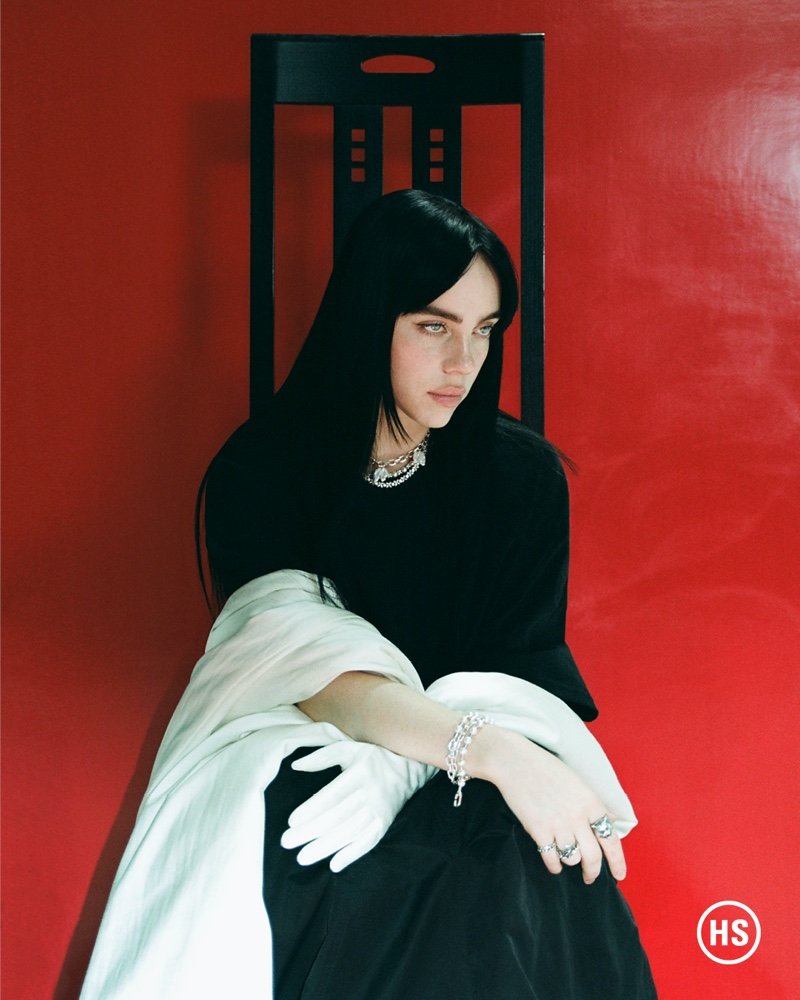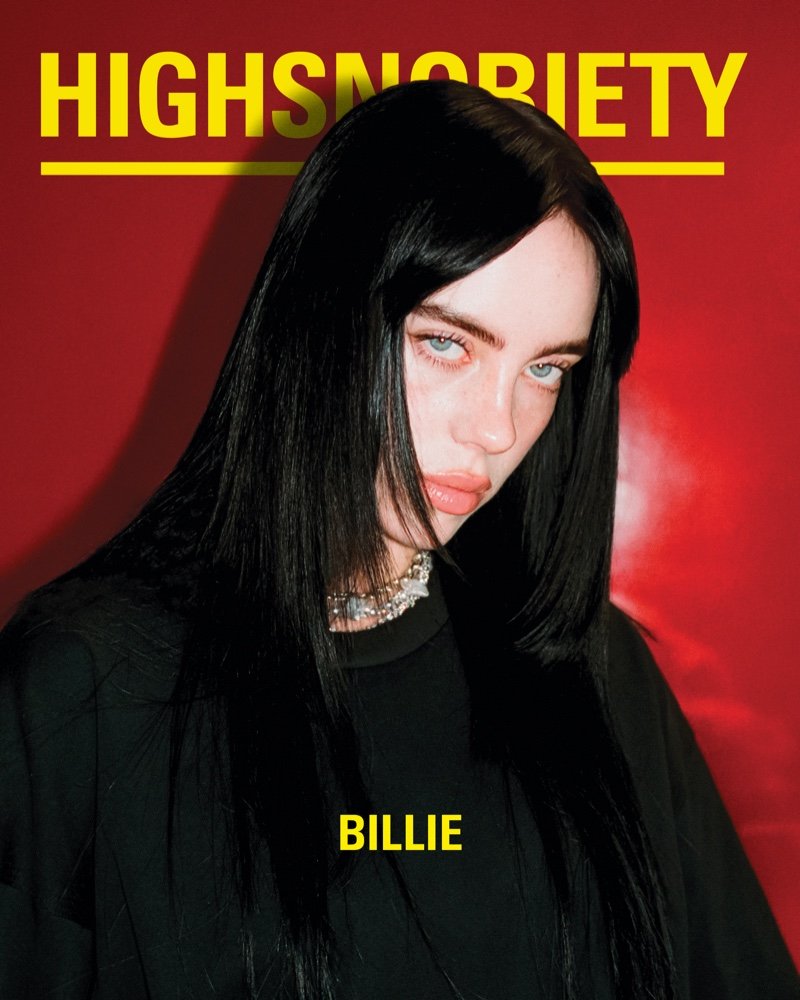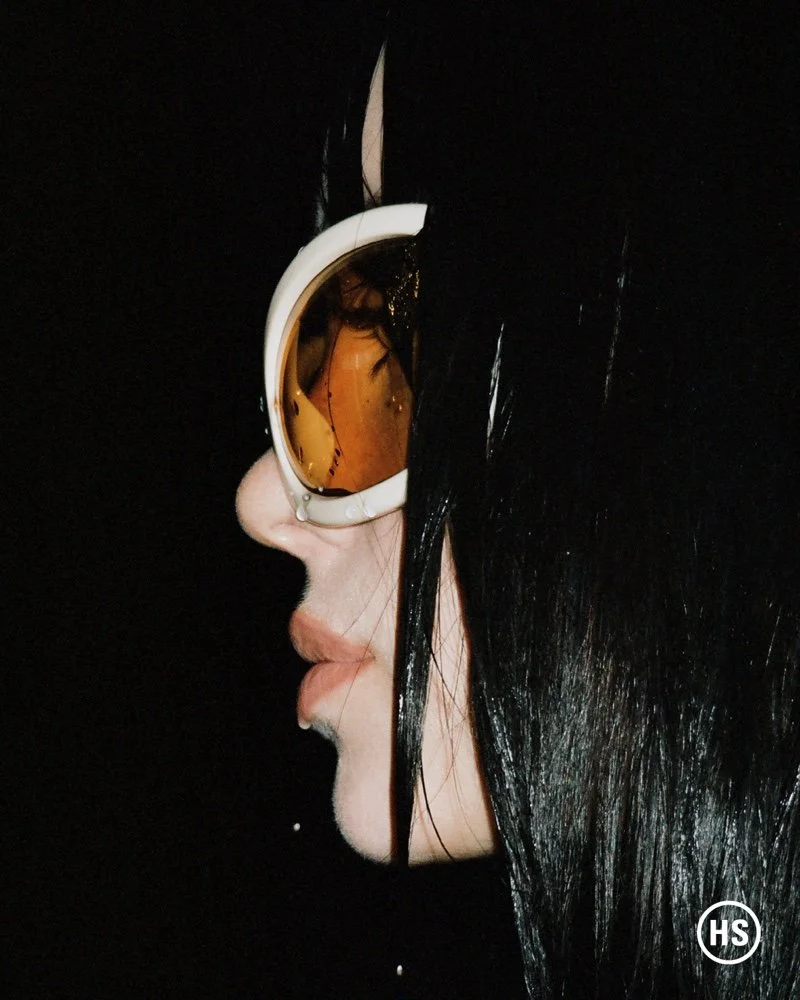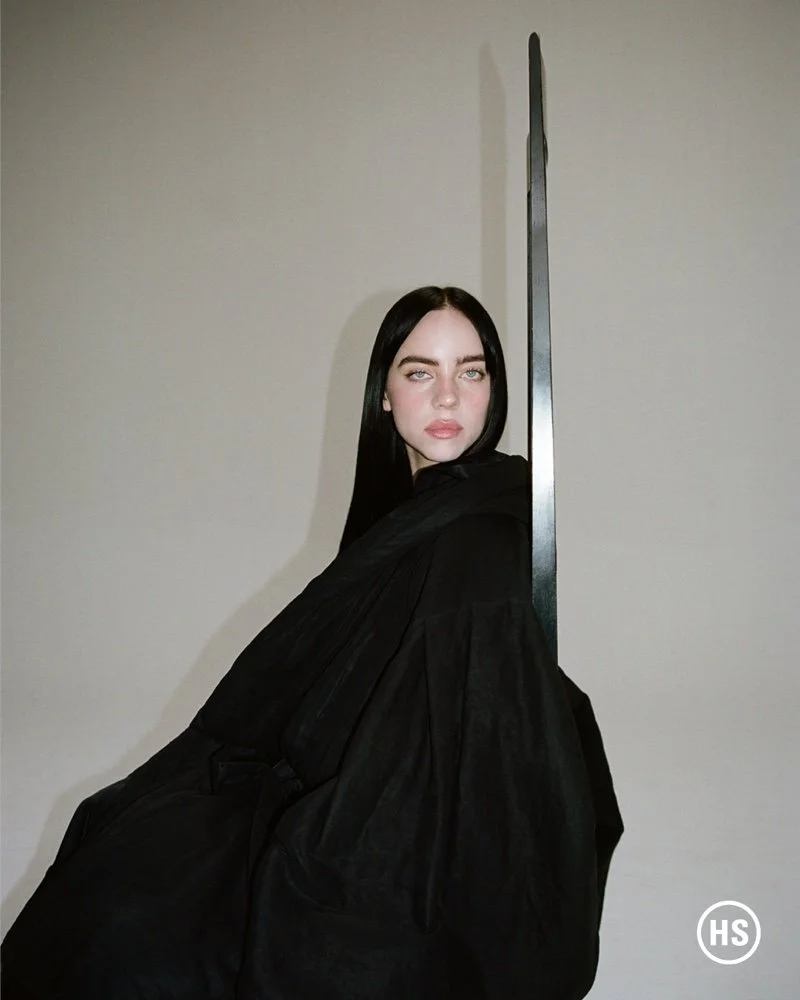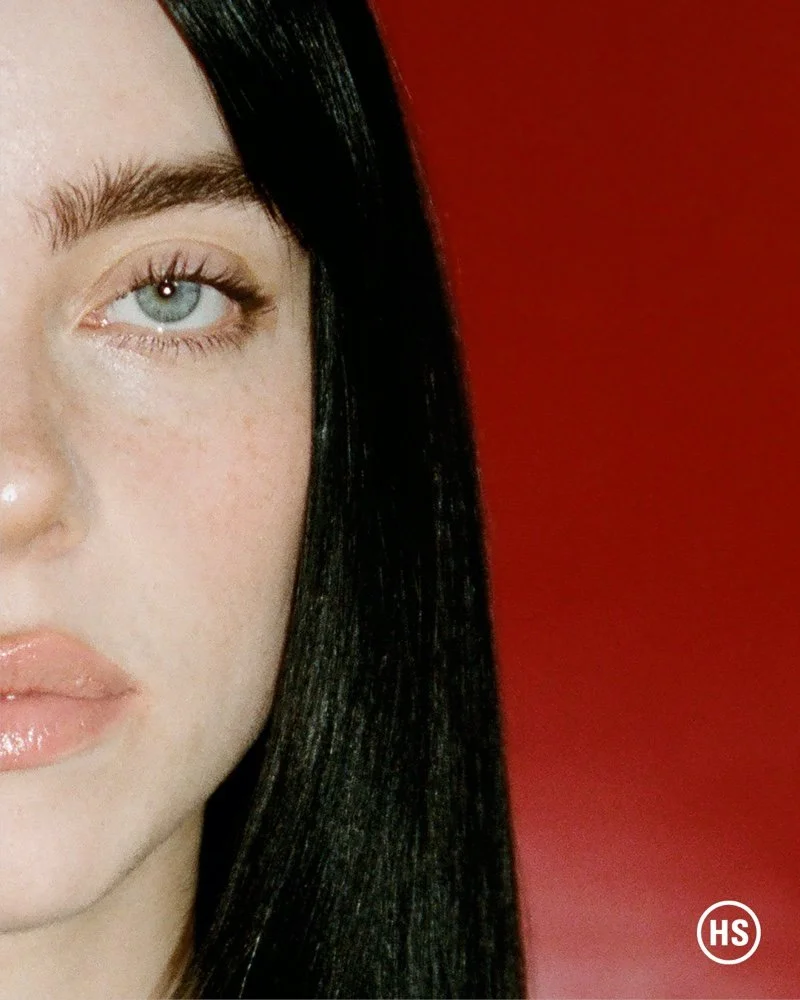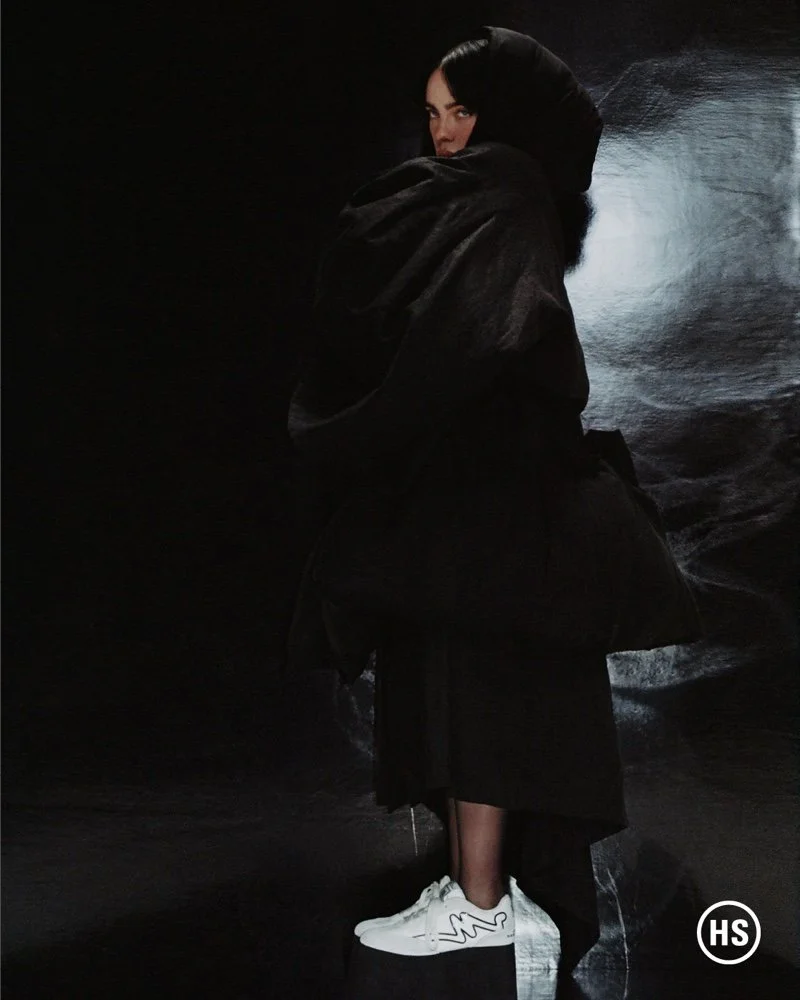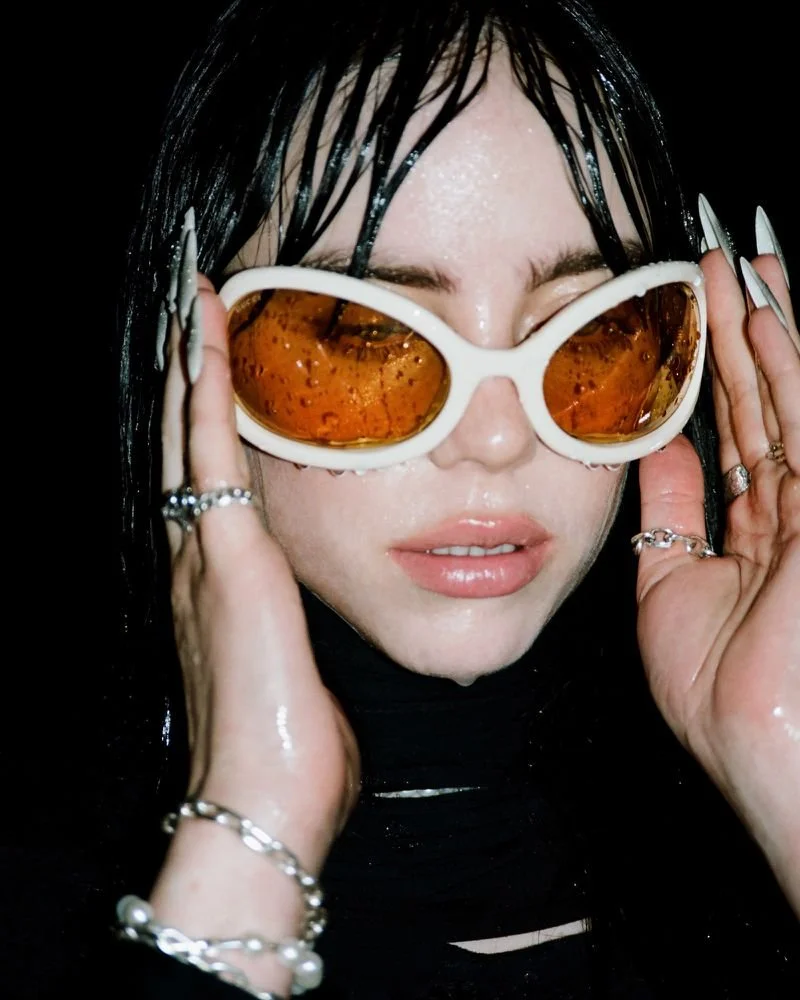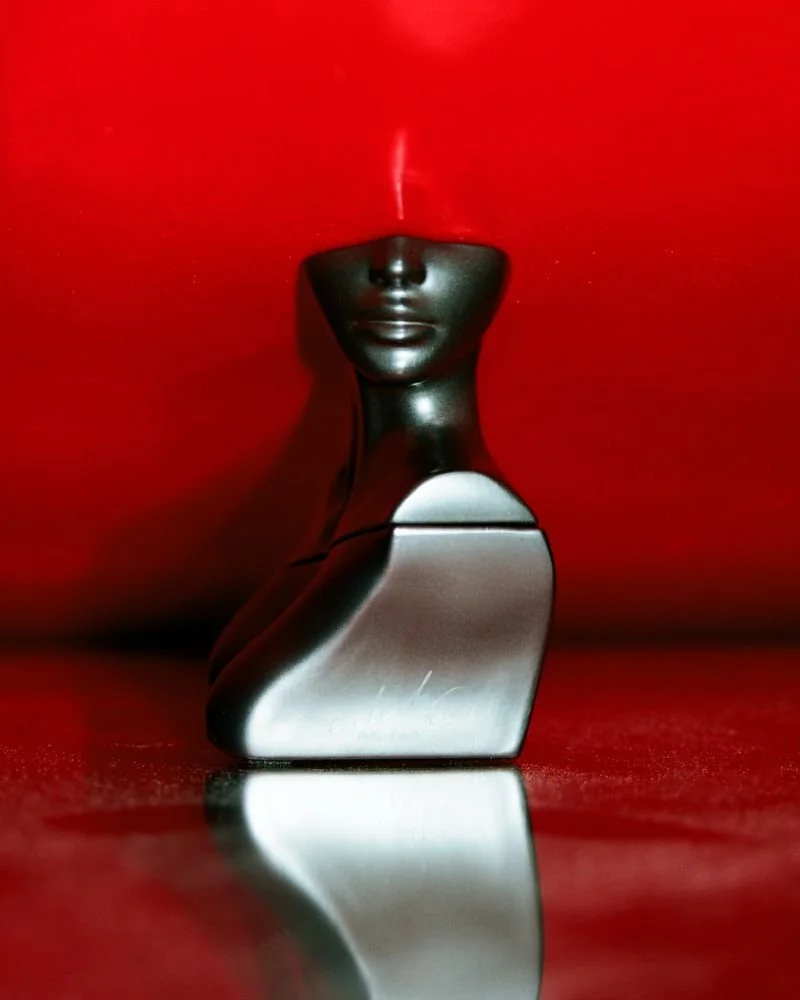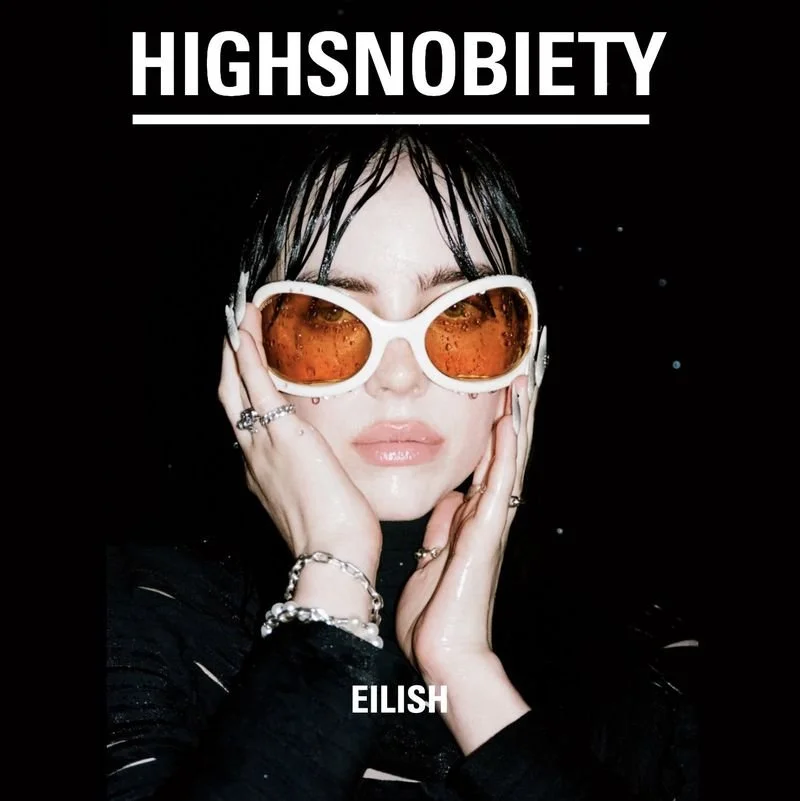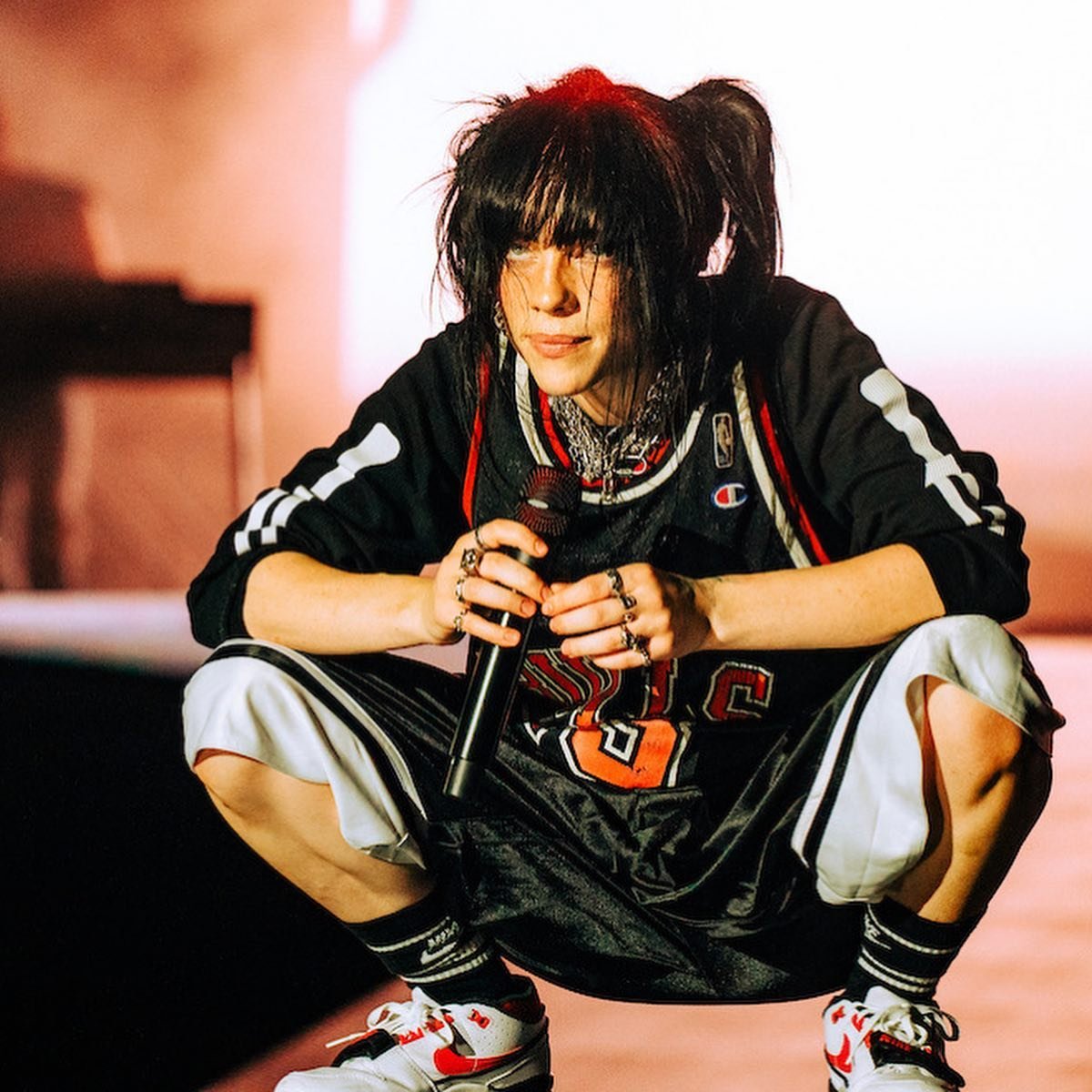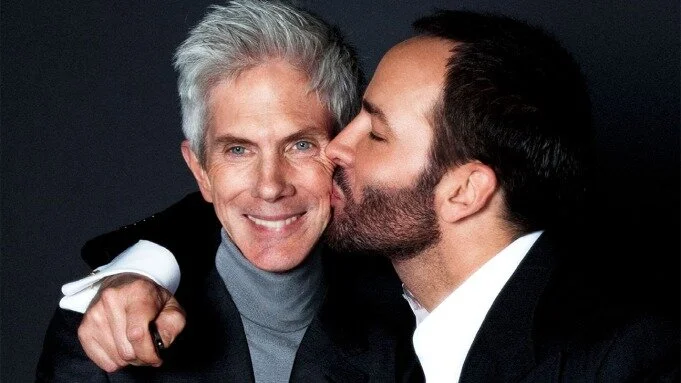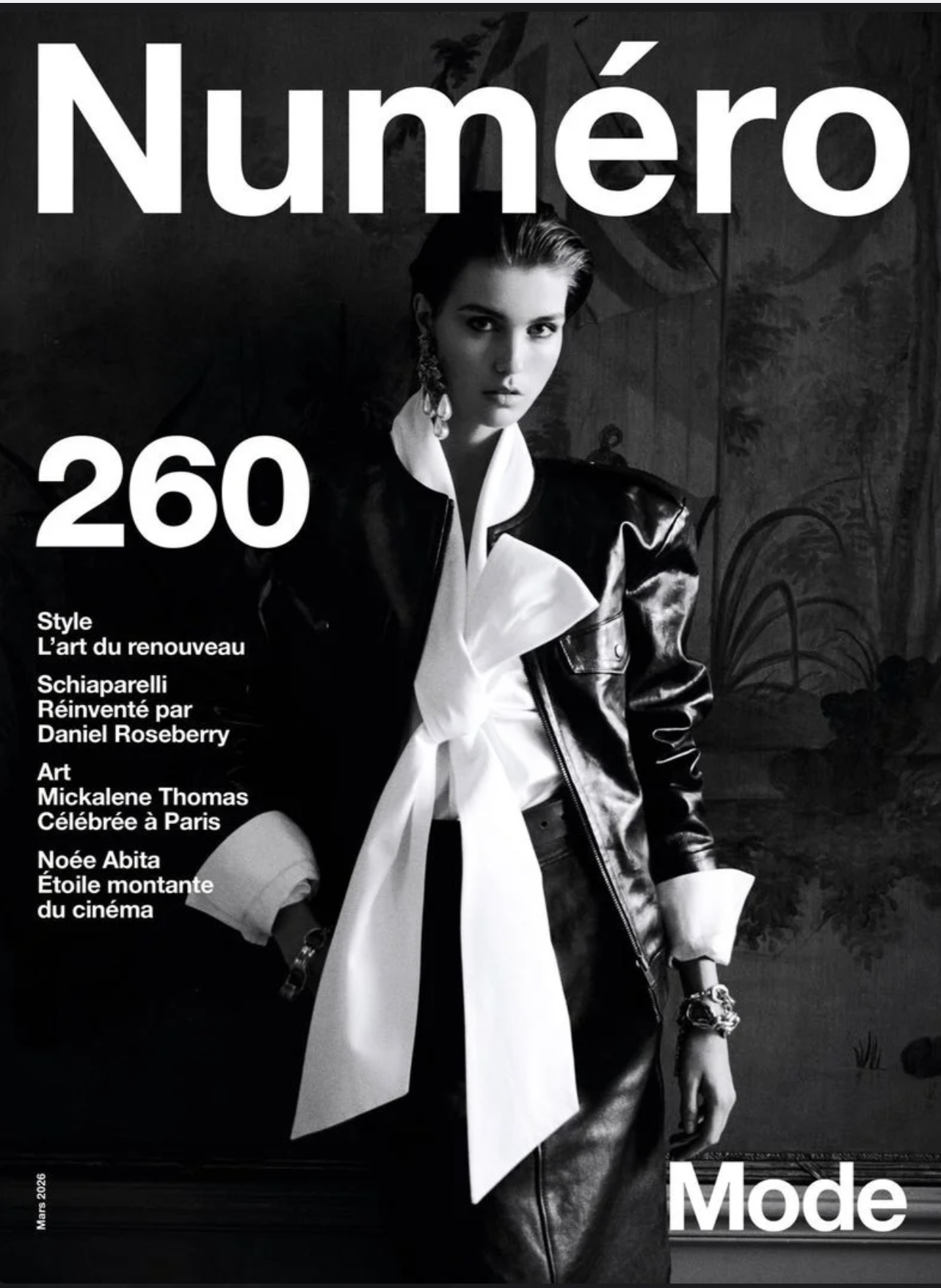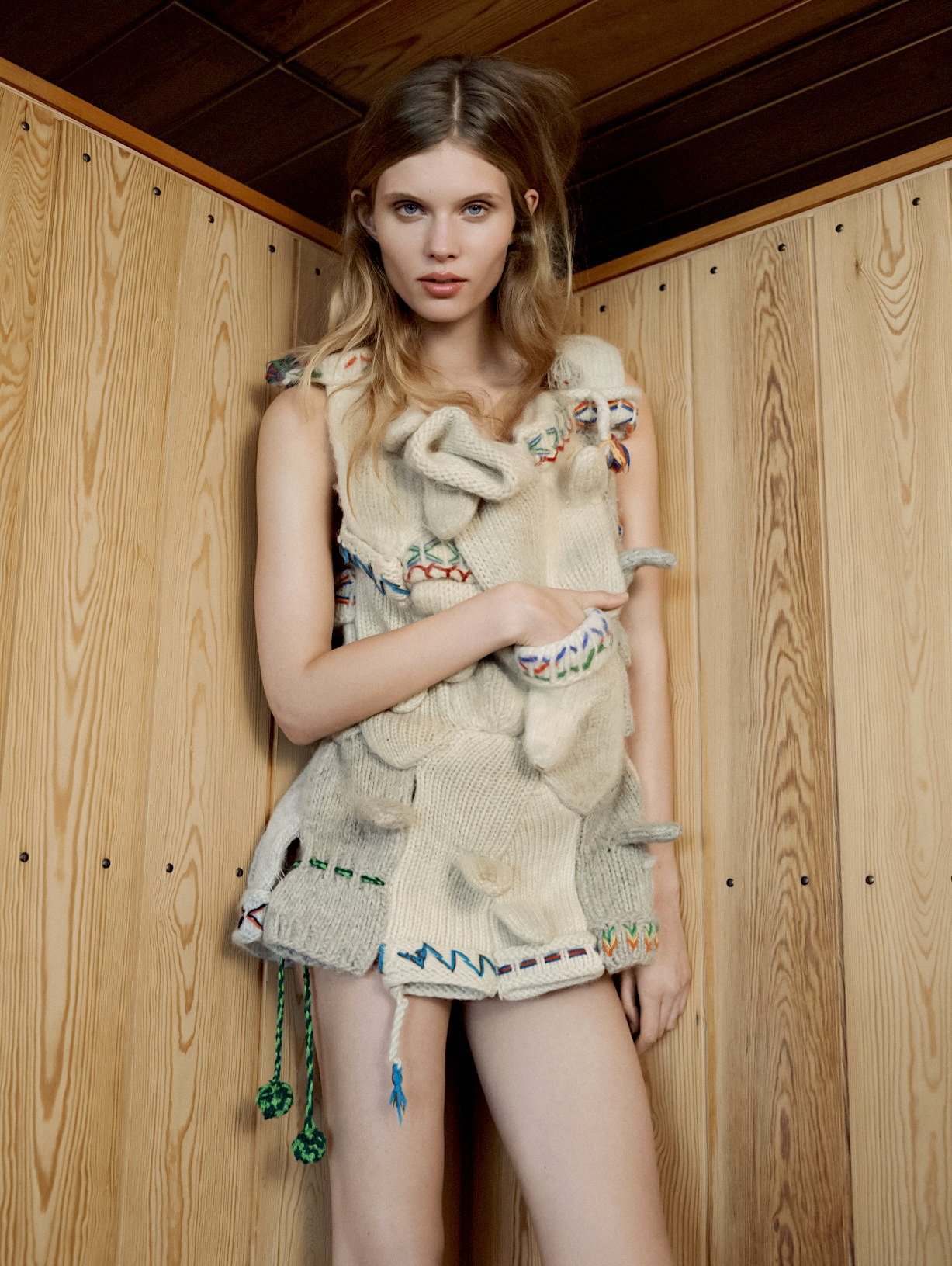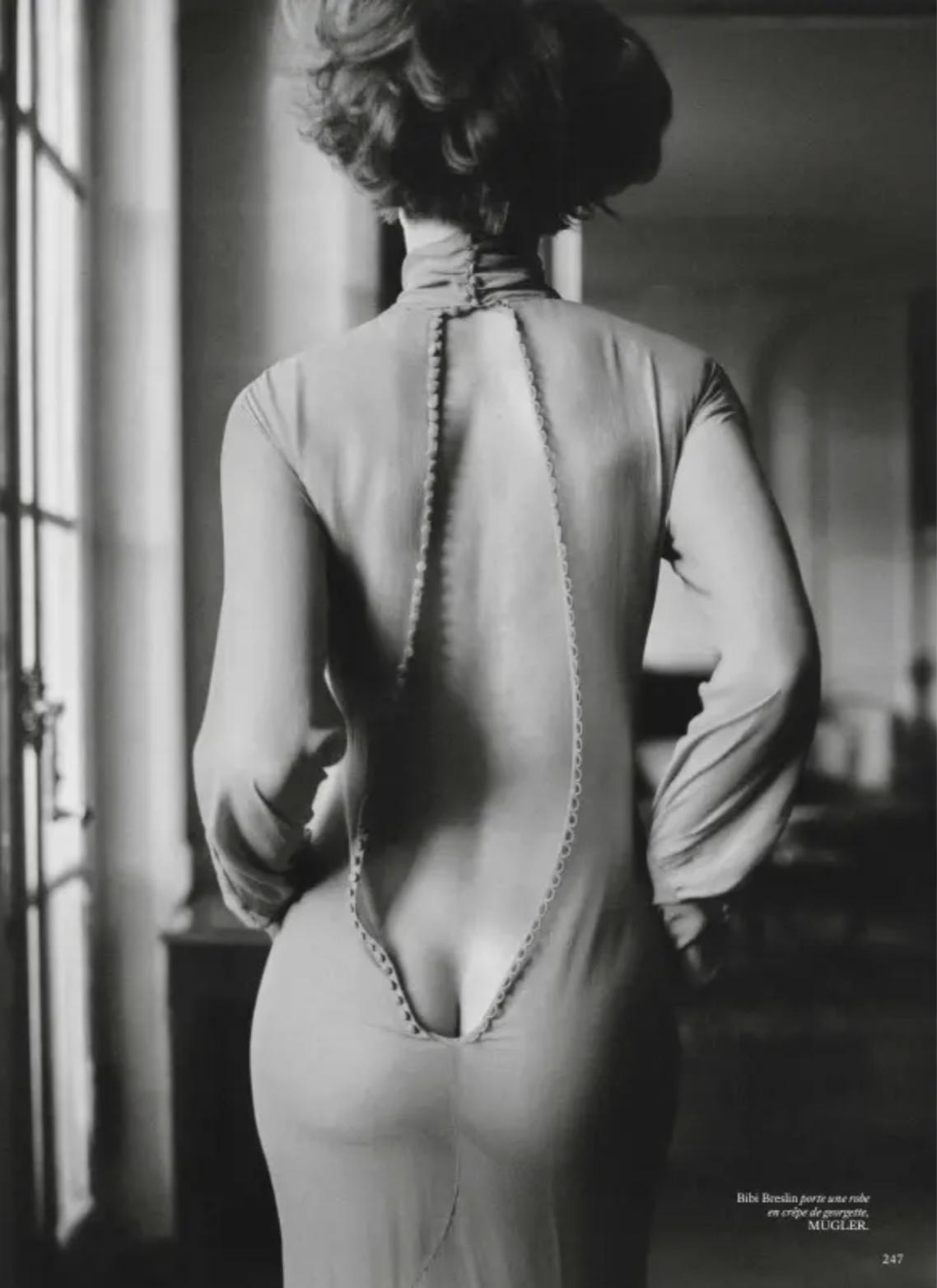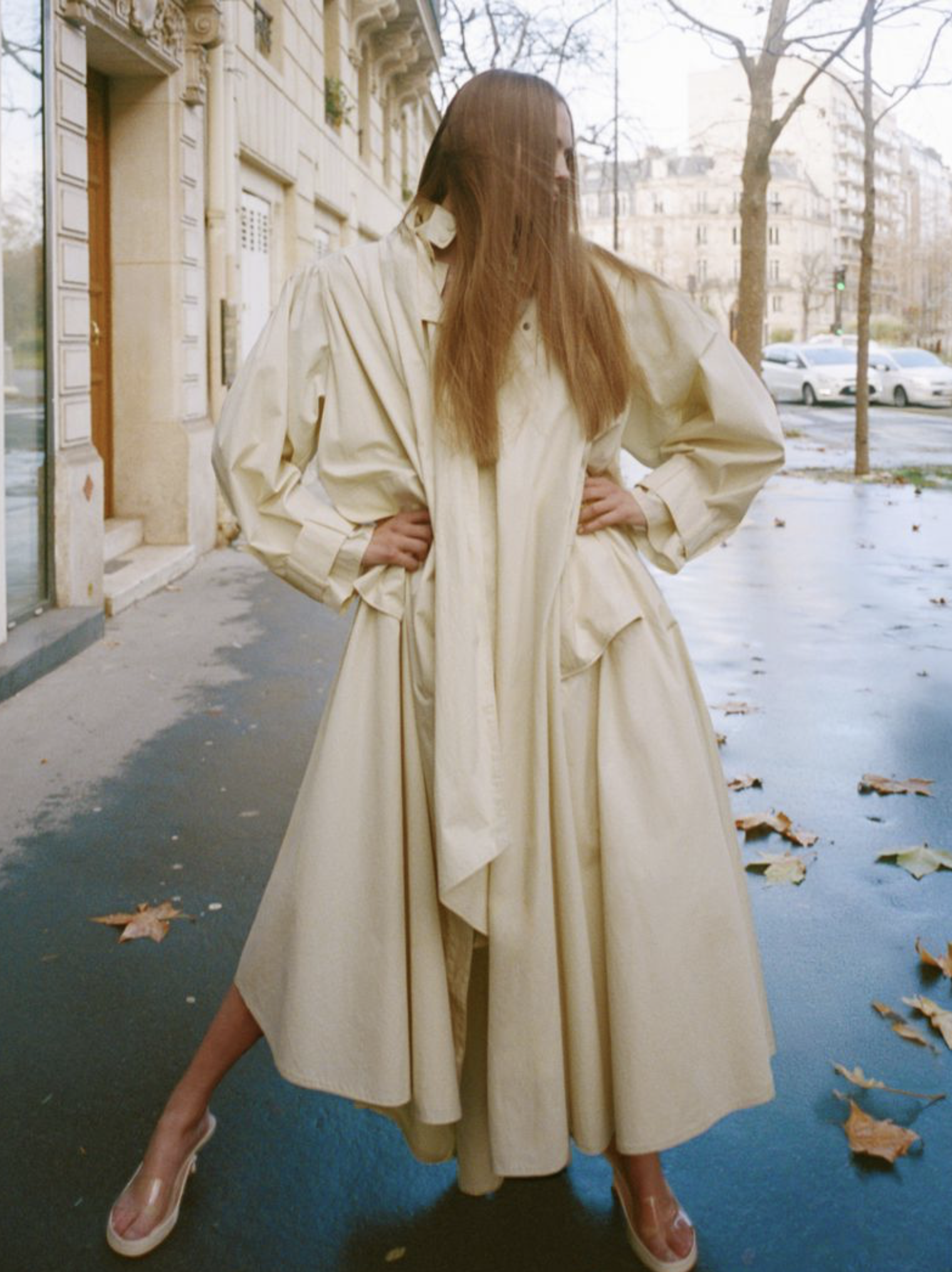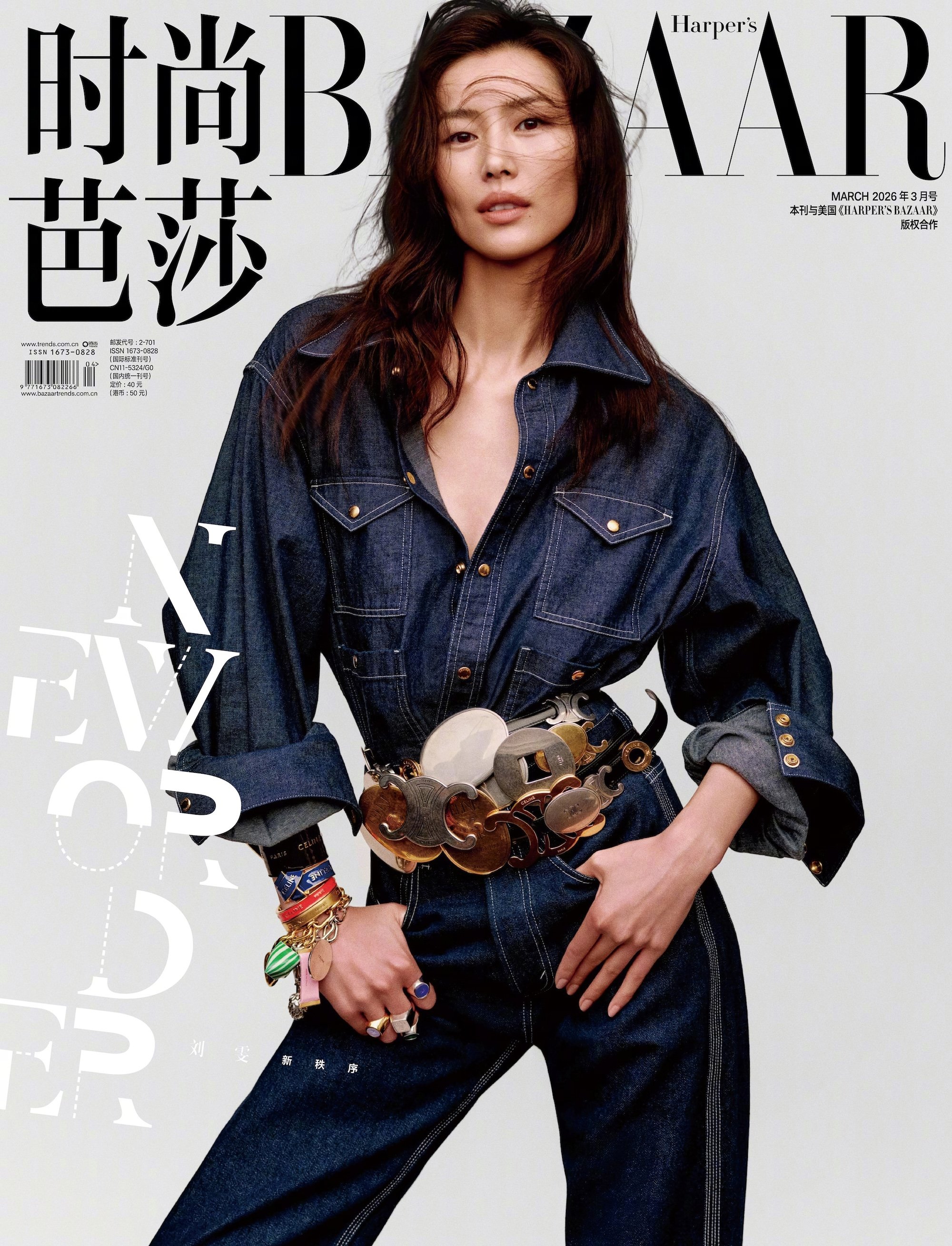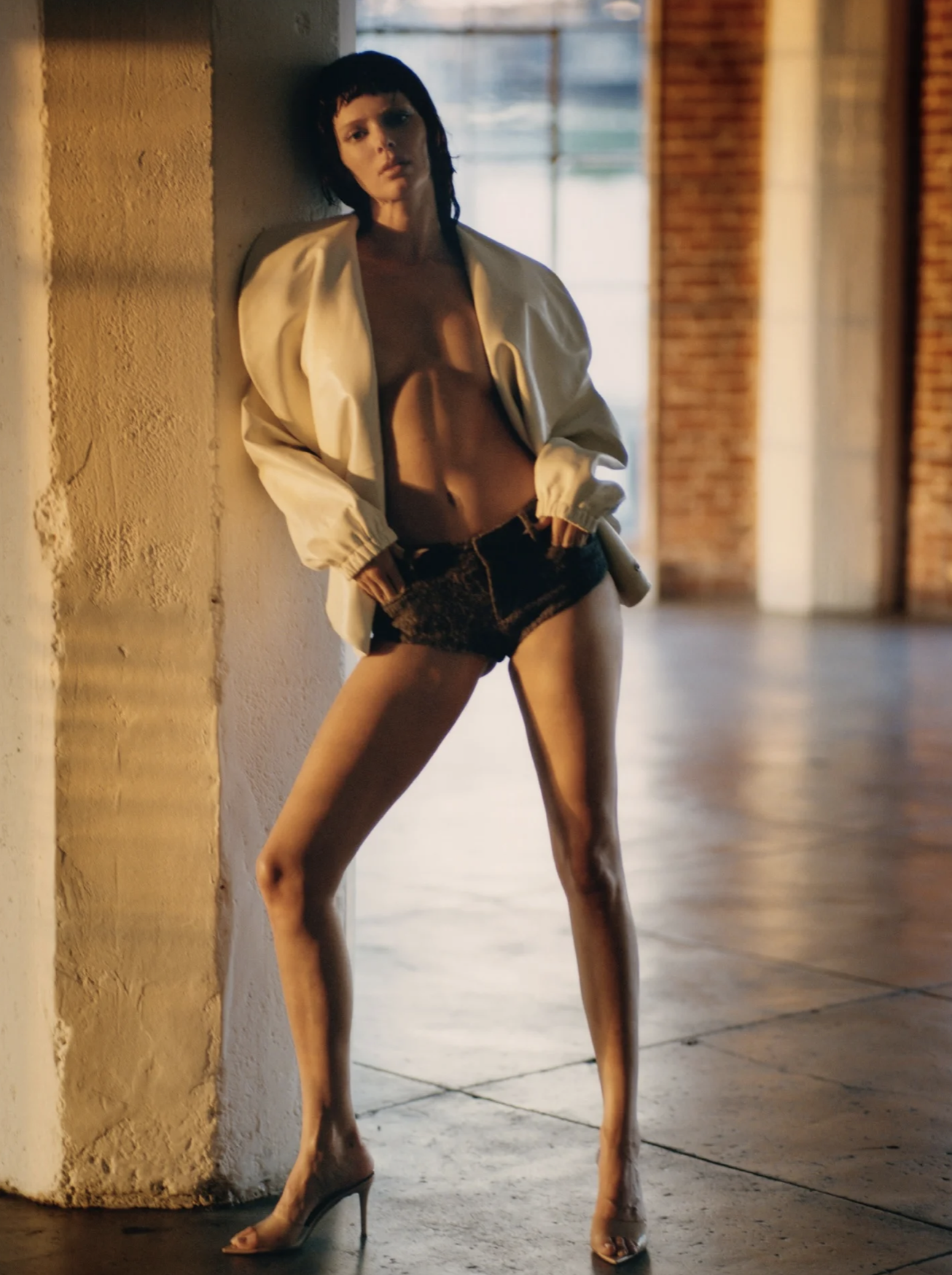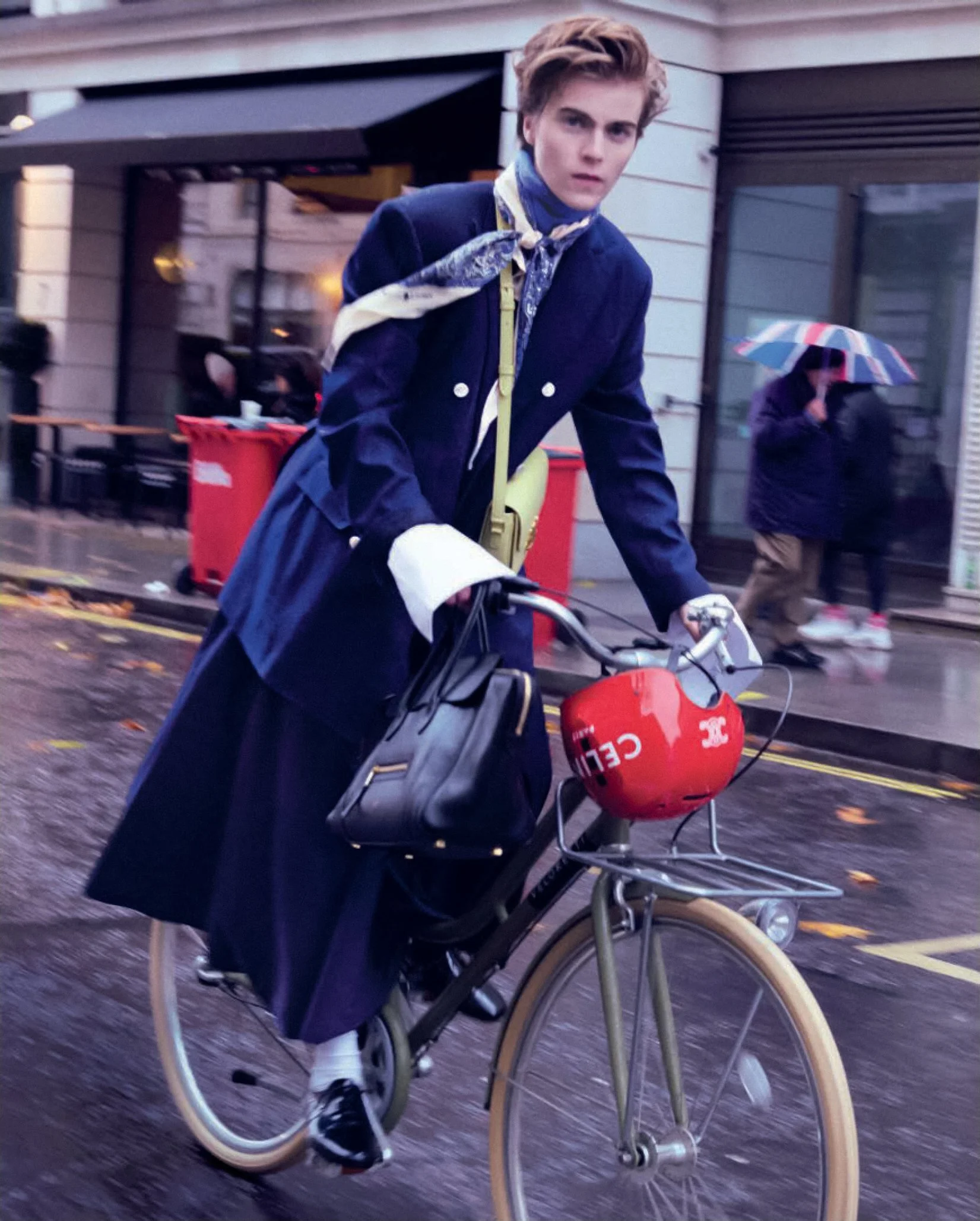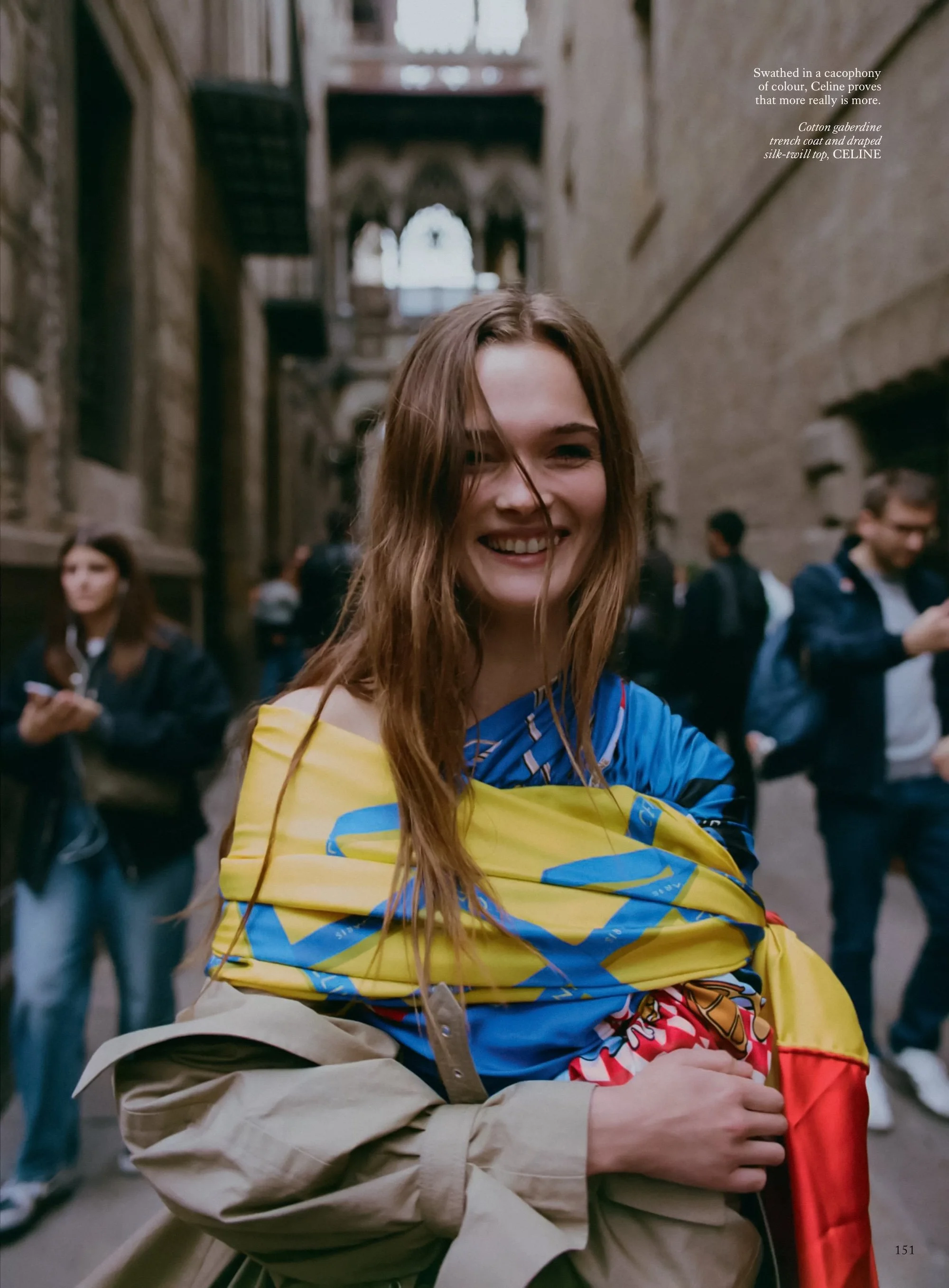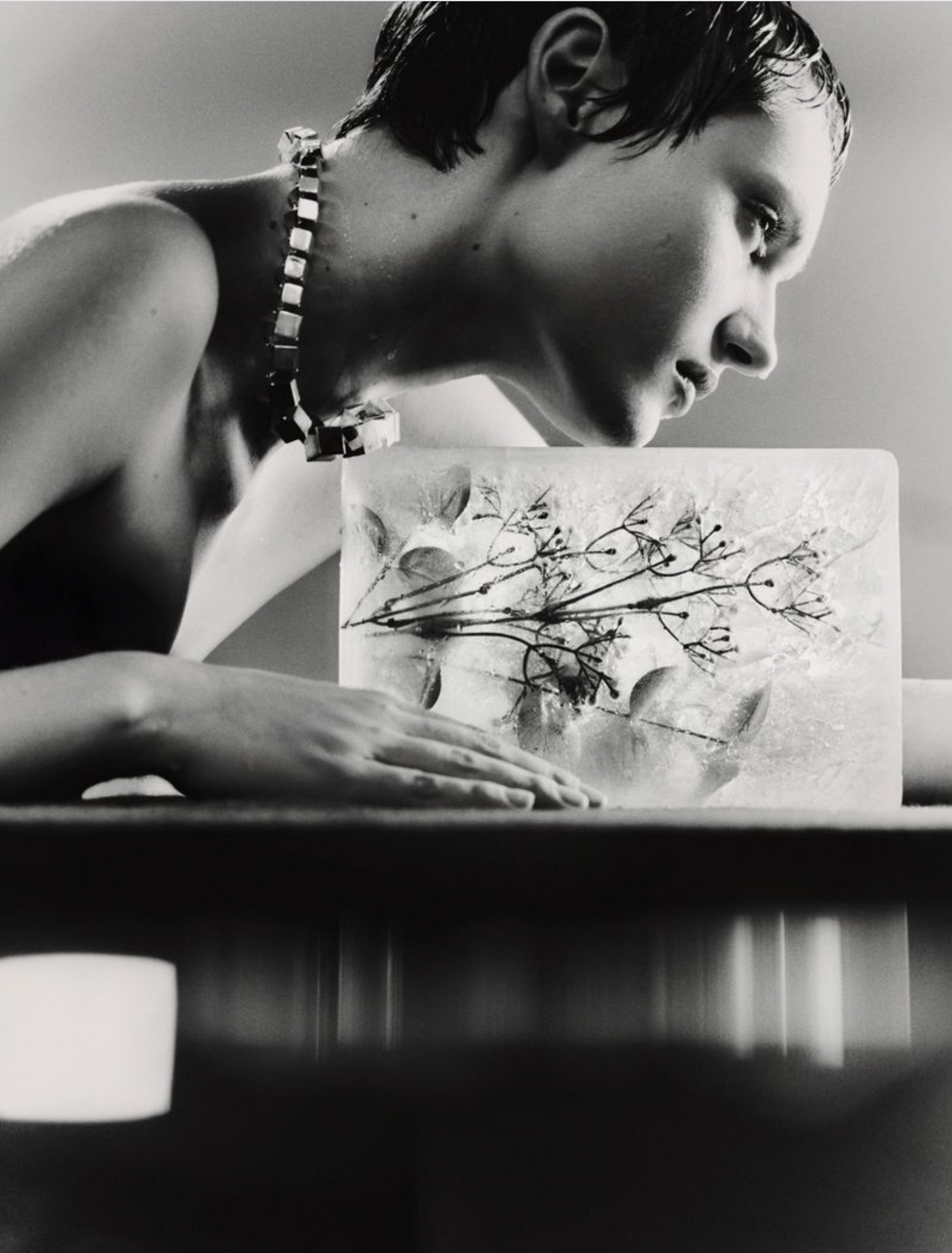Billie Eilish Tells Highsnobiety About 106 Million Fans: I Don't Know Shit
/In June 2022 Highsnobiety, a blog focused on the luxury market and streetwear, was acquired by Berlin-based, German fashion and lifestyle company Zalando.
Interviewed by Willa Bennett, Billie Eilish covers the Winter 2022 issue 29 of the brand’s magazine. Matthew Henson styles the singer in a sophisticated mix from Marc Jacobs, Simone Rocha, Yohji Yamamoto and more.
The fashion story spans luxury and streetwear, as Billie wears the baggy — or “billowing” — silhouettes she is known for lensed by Davit Giorgadze [IG].
Getting Beyond Blonde
The interview headline across the internet is that Billie didn’t feel sexy or herself as a blonde, which she was for British Vogue in early summer 2021.
In reality, what Billie said is far more complicated than the headlines.
Billie Eilish Makes Corsetry News, in Pinup Images for British Vogue June 2021 AOC Fashion
In a matter of hours, Eilish lost about 100,000 social media fans who were angry with her for wearing lingerie pinup looks and blonde locks. AOC wrote:
It took four dye sessions and a lot of patience to erase the signature jet black and lurid green we’ve known for 18 months. She was “ready for it to suck” — the blonde metamorphosis — but it’s been transformative. “I feel more like a woman, somehow,” she says, surprised.
The singer also talked about this blonde bombshell experience in a September 2021 interview with Elle US as well.
Billie Eilish Stays True to Her Own Self by Alique in ELLE US October 2021 AOC Fashion
In her 2021 interviews, Billie Eilish referenced her uncomfortable relationship with her ample bust and her body, in general.
Baggy clothes gave her cover and Eilish apparently had a consequential porn addiction at the same time, one that began at age 11. That experience — one that allowed her to feel like she was fitting in with the guys — had an overall negative effect on her.
The Virgin/Whore Dichotomy
What Billie Eilish says in her new Highsnobiety interview reflects her own experience with the virgin/whore dichotomy.
“I think that people have taken me more seriously because I’ve had this more masculine [way of dressing] throughout my career,” she adds. “If I had been more feminine and girly, people would’ve been a lot less respectful of me.”
That is a true statement generally and one from Billie Eilish that could provoke conversation and consideration by her fans about the female experience.
However, Billie’s fans have been pretty brutal towards her — in this experimental journey of self-discovery.
In the past, Eilish was more defiant about being constricted and judged by her fans.
In the Highsnobiety interview, she sounds as if she has made peace with the idea of fans being so attached to her psychologically, but also demanding that she behave in a certain way if she goes off script.
Not to state the obvious but a key purpose of this fashion story is to sell the star’s second fragrance Eilish No. 2.
Willa Bennett writes:
“Things I once enjoyed, just keep me employed now” she sings on “Getting Older.” It also explains why she doesn’t waste time matching up to whatever idea people have of her; instead, she only cares about being “really good at it all.” But, okay, still: What does it actually mean to represent an entire generation — to be the face of youth culture, to have taste and style, to have a point of view on fashion, to be visible, and to grow up all while having access to 106 million Instagram followers? We now feel so close that I just ask her.
Bennett was gobsmacked by the fact that she and Eilish were dressed so similarly for the interview. So process the commentary through that lens as well.
It’s one thing to have that experience and it’s another to make it the lead paragraph in the interview, as if you’re twinning with Billie and isn’t that special.
Billie Eilish and I are wearing the same thing: striped button-ups under navy sweaters, piles of silver-chained jewelry, and chunky, matte shoes over black ankle socks. It’s the type of on-the-nose coincidence I couldn’t make up, even as a writer who seeks the most diminutive meanings in the tiniest of interactions.
Bennett inserts herself again into the interview in a deeply personal way. In fact, the writer is the best example of the fan projection that Billie Eilish experiences:
“Things I once enjoyed, just keep me employed now” she [Billie] sings on “Getting Older.” It also explains why she doesn’t waste time matching up to whatever idea people have of her; instead, she only cares about being “really good at it all.” But, okay, still: What does it actually mean to represent an entire generation — to be the face of youth culture, to have taste and style, to have a point of view on fashion, to be visible, and to grow up all while having access to 106 million Instagram followers? We now feel so close that I just ask her.
In her own attempts to be true to herself, loving fans but also presumably feeling devoured by them, Billie Eilish responds to Bennett:
